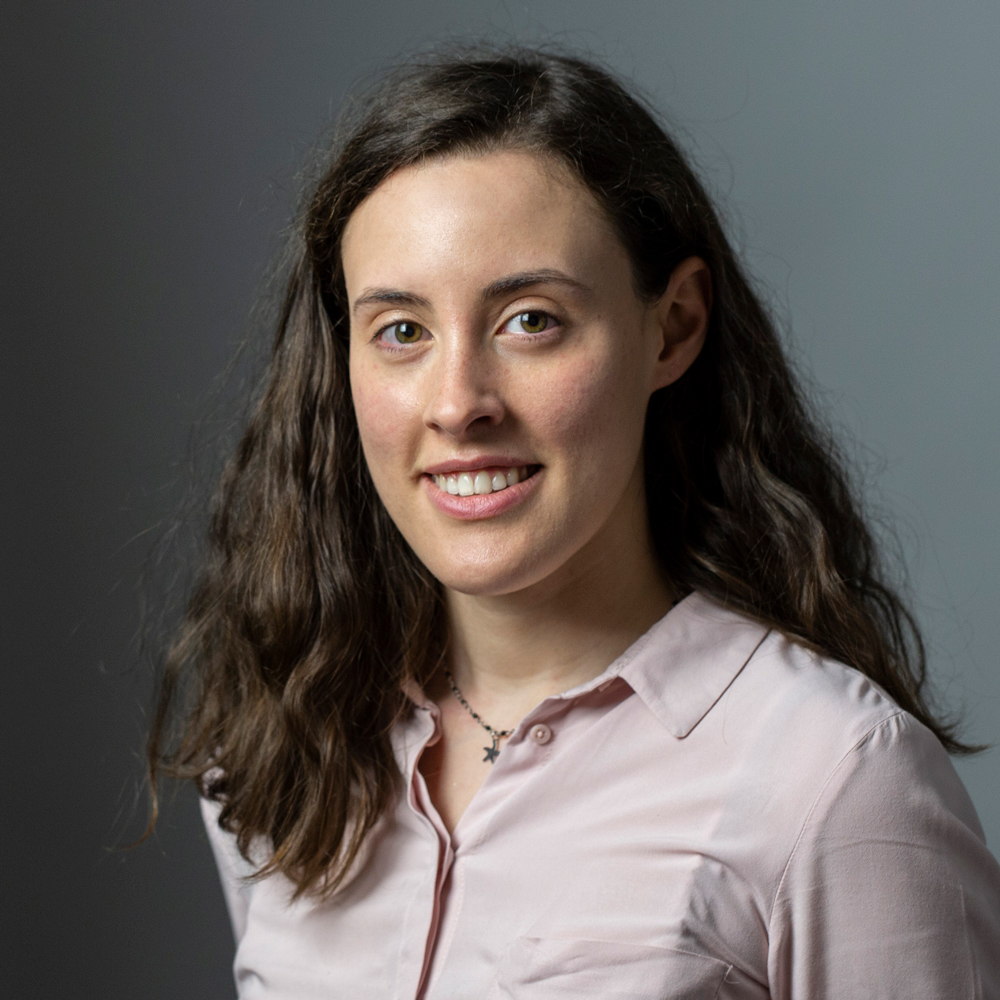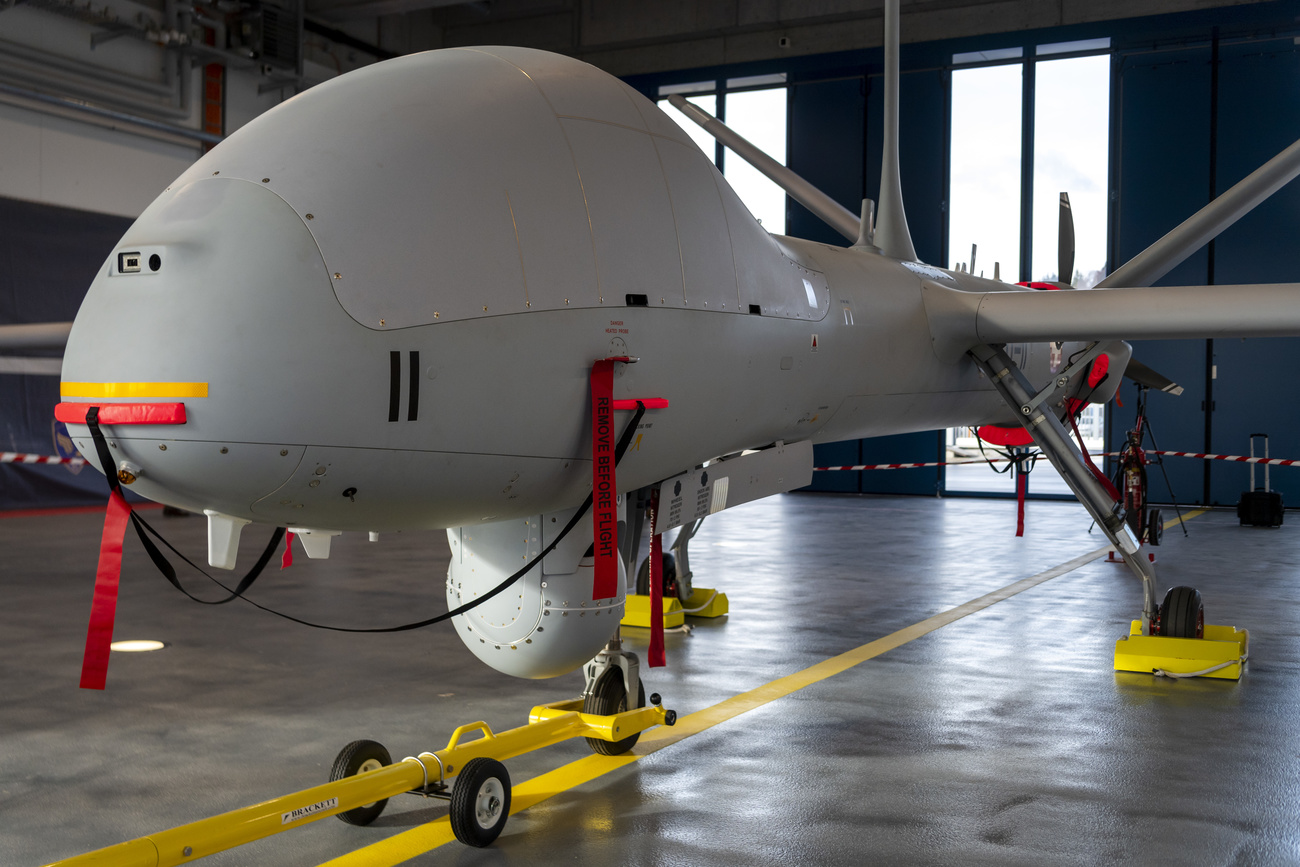
Switzerland Today
Dear Swiss Abroad,
As we brace for another stormy weekend in Switzerland, here are the Swiss people and companies making headlines abroad.
The 100th Swiss Abroad Congress has kicked off, with talks on political participation, money, career, and family. Meanwhile, a Swiss company is under scrutiny because some of its electronic components were discovered in a Russian missile that hit a children’s hospital in Ukraine.
This and more in today’s briefing. But first, a look at the news.

In the news: stormy weather threatening tourism, higher university fees for foreigners and ‘Airshield’ device for runners.
- The southern Swiss canton of Ticino fears that a series of devastating storms could scare away tourists in both the short and medium term. The storms at the end of June in the upper Maggia Valley caused considerable suffering. Moreover, they exacerbated access issues and put restrictions on swimming.
- Elite Swiss universities have voted to triple fees for international students: this change will affect the Federal Institutes of Technology in Zurich and Lausanne (ETH Zurich and EPFL), with implementation scheduled for the autumn term of 2025.
- Imagine running without air resistance – sounds like a dream, doesn’t it? But it could soon be a reality. Swiss athletes could maximise training sessions using a mobile windshield that reduces air resistance. The ‘Airshield’ device, developed by ETH Zurich, is currently being tested by sprinter Mujinga Kambundji.

Swiss Abroad Congress turns 100: expats call for more political involvement
The 2024 Congress of the Swiss Abroad began on Thursday, with up to 400 participants meeting in Lucerne to celebrate its 100th edition.
The conference is all about networking, culinary delights, and traditions, but politics will also play a key role. After all, more and more Swiss people are moving abroad: by the end of 2023, 813,400 Swiss were living outside the country, a 1.7% increase from the previous year. Overall, the diaspora makes up about 11% of the Swiss population. Could this be why political parties are keen to fly their flags through advertising and sponsorship in Lucerne?
Take a look at this video to find out more about the history of the congress in the past 100 years.
And join the conversation on our debate platform “dialogue” to have your say on whether the Swiss Abroad should have more political influence in Switzerland.

More
Participating in democracy, a challenge for the Swiss Abroad

Russian missile strike on Ukrainian children’s hospital: Swiss company’s role revealed
In other news, a Swiss-headquartered company is also making headlines – but for all the wrong reasons. A recent investigation by the Financial Times has revealed that the type of Russian missile that destroyed a children’s hospital in Ukraine included some Swiss-made components.
We’re talking about the Kh-101 cruise missile, which hit a children’s hospital in Kyiv on Monday, killing two people and injuring 300.
A Ukrainian analysis of the missile revealed 16 pieces of Western-made electronics: two components were branded as made by Geneva-headquartered STMicroelectronics, with the remainder made by US chipmakers including Texas Instruments, Analog Devices, and Intel.
How is this possible with international sanctions against Russia, you might ask? Moscow has found a way to skirt these sanctions by turning to microprocessors and other technology not intended for military use, the Financial Times explains.
Last year, our journalist, Elena Servettaz, conducted a series of exclusive interviews with Russian and Ukrainian sources, uncovering how Swiss components made in 2023 were still embedded in Russian drones. Read the full investigation here.
More

In compliance with the JTI standards
More: SWI swissinfo.ch certified by the Journalism Trust Initiative










